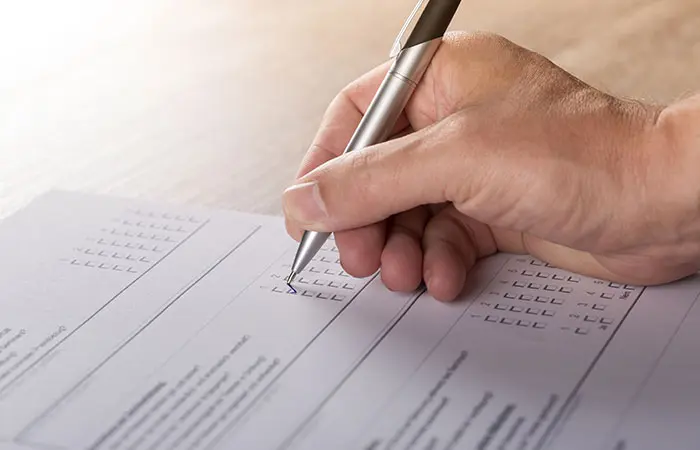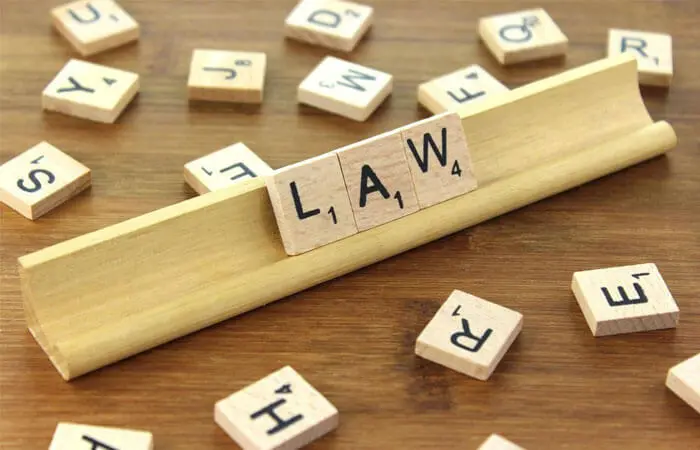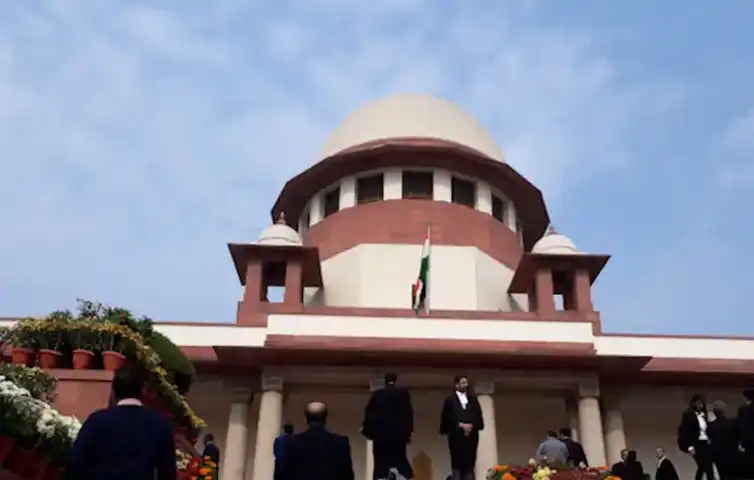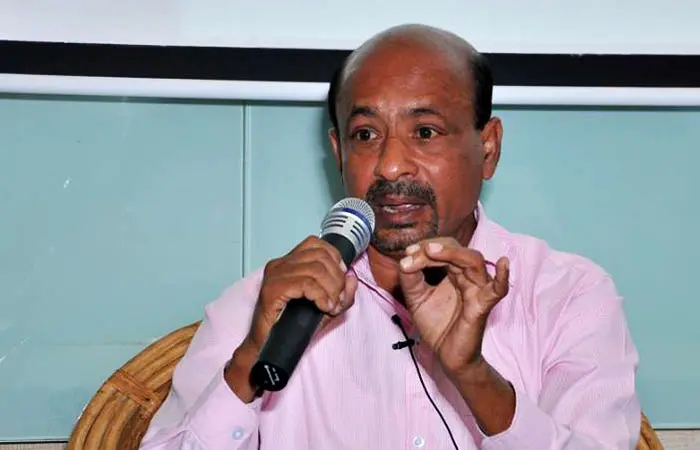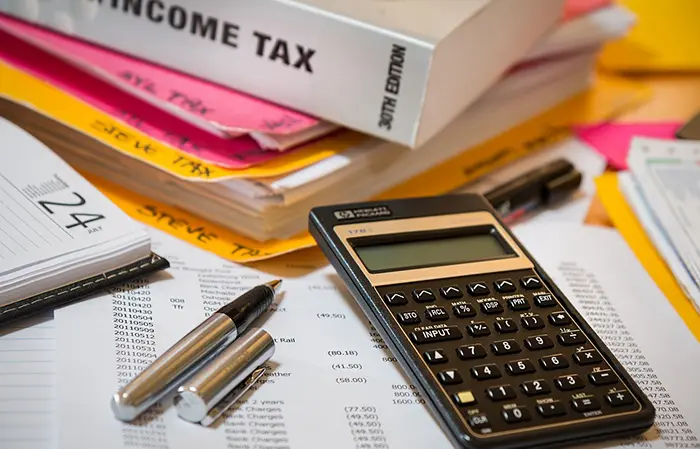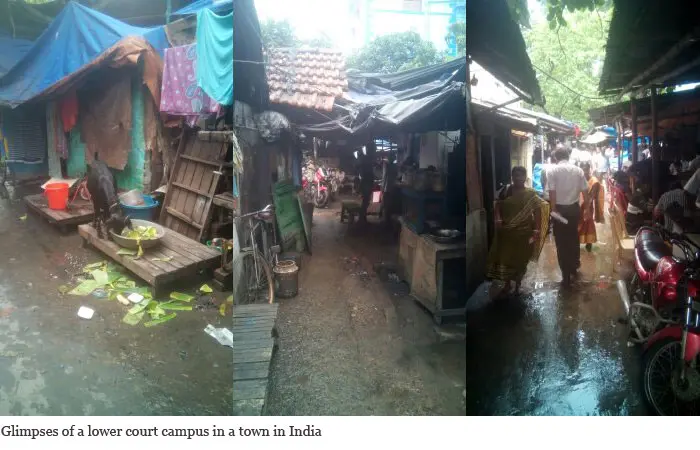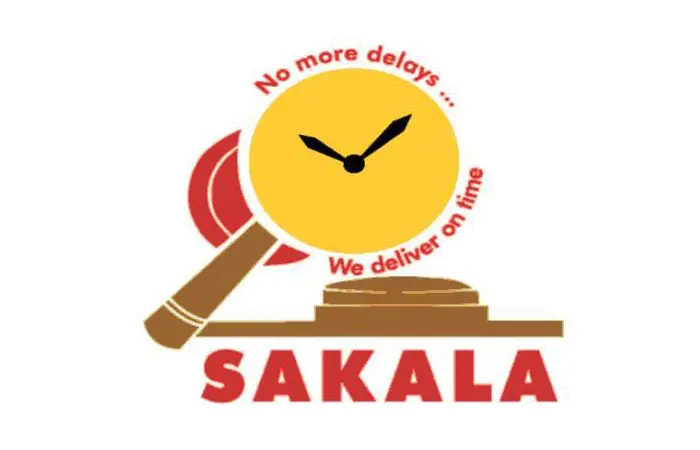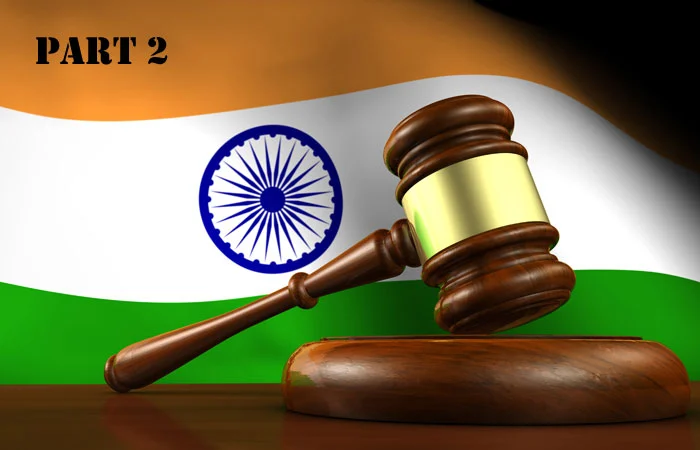DAKSH conducted an Access to Justice Survey in 2015, a first of its kind for India, to understand the needs and expectations of litigants, their experiences with the judicial system and the socio-economic costs of being a litigant in India.

News and Blogs
The Supreme Court has, in March 2017, passed an order in Hussain v. Union of India suggesting various steps that High Courts should take with a view to disposing of criminal cases, particularly bail petitions, in a speedy manner.
A recent decision[1] given by a division bench of the Supreme Court has re-looked at plausible methods to reduce procedural delays in disposing cases related to bail.
‘Offences Against the State’ by their very nature immediately attract State attention. Over the last few years there have been multiple incidents that have been reported under this category. Given the propensity of the crime, ‘Offences Against the State’ entail long and harsh punishments.
These were some of the compelling questions that the Fifth Constitution Day Lecture on ‘Bhaaratada Samvidhaana Mattu Raashtriyate’ (The Indian Constitution and Nationalism) organised by DAKSH sought to explore.
The debate since then has largely centered on the soundness of economic thinking behind the decision, the failure to plan its implementation properly, and the potential impacts, positive or negative, on 'black money' in the country.
Last month, on the blog, my colleague Arunav wrote a piece chronicling his personal experiences with the Indian subordinate judiciary. Arunav’s colourful narrative of the courts he visited in Eastern India highlighted the state of the physical infrastructure of the judiciary.
The Legal Services Authorities Act, 1987 provides for a system of legal aid to weaker sections of the society in order to ensure that justice is not denied to any person due to socio-economic reasons.
I recall a saying “some stories stay with us forever”. This proved to be true when I met one of the officials of a subordinate court in Bengal. The story he narrated shocked me. He told me about a case filed in the nearby district, where the court was functioning out of a leased property.
Earlier this year, Daksh India conducted the ‘Access to Justice’ Survey, where,through a method of random sampling,researchers interviewed over 9000 litigants, spread over 300 locations. Of these, 4696 litigants had civil disputes pending before the courts.
The Karnataka Sakala Services Act, 2011 (‘Sakala’) was enacted to guarantee time bound government services to citizens of Karnataka.
This is Part II of the blog on empirical data sources on the Indian judicial system. In Part I, we listed publicly available government data sources.

-
Rule of Law ProjectRule of Law Project
-
Access to Justice SurveyAccess to Justice Survey
-
BlogBlog
-
Contact UsContact Us
-
Statistics and ReportsStatistics and Reports
© 2021 DAKSH India. All rights reserved
Powered by Oy Media Solutions
Designed by GGWP Design
